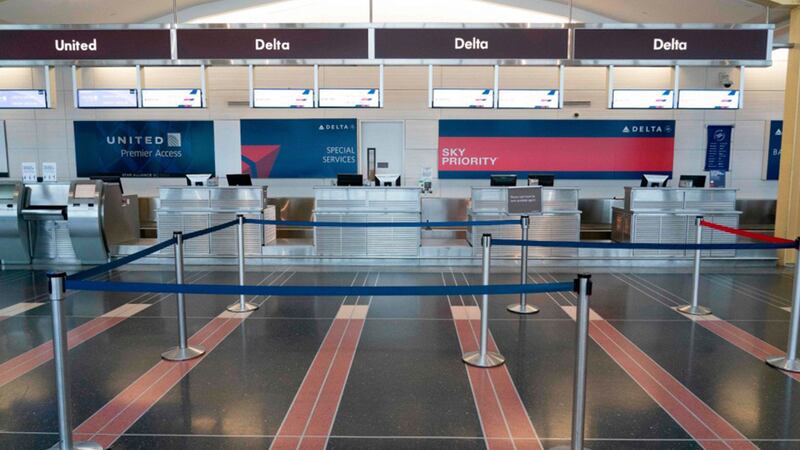ATLANTA — During this pandemic, one of the biggest questions right now is, if a family member gets sick, how do you tell if it's COVID-19, the flu, or something else.
For some families, staying at home isn't an easy choice.
This is a worry many people may be having right now.
Testing for COVID-19 is limited, but if someone in your family is sick, it's easier said than done to self-quarantine your entire family, especially if both parents are on the front lines.
Channel 2’s Gwinnett County bureau chief Tony Thomas spoke with one family in which the dad works in law enforcement, the mom is a nurse at a local hospital.
The couple’s 10-year-old son came down with a high fever last week.
"His temperature was 102," the boy's mother told Thomas.
He also had chest congestion and suffers from asthma.
"He looks sick but he has his video games,” his father said.
The couple took their son to a children's hospital and were told no COVID-19 testing would be done. The family says that put them in a pickle. Go to work and potentially spread a virus or stay home and leave one less police officer and nurse on the front lines.
"It's a feeling of helplessness because we can't do anything and we don't know," the boy’s father said.
Here is what we found when we checked with the Atlanta-based Centers for Disease Control and Prevention, its website tells providers the "CDC has guidance for who should be tested, but decisions about testing are at the discretion of state and local health departments and/or individual clinicians." The CDC lists 3 priority levels for testing.
Priorities for Laboratory Testing for COVID-19
PRIORITY 1
Ensure optimal care options for all hospitalized patients, lessen the risk of nosocomial infections, and maintain the integrity of the healthcare system
• Hospitalized patients
• Symptomatic healthcare workers
PRIORITY 2
Ensure that those who are at highest risk of complication of infection are rapidly identified and appropriately triaged
• Patients in long-term care facilities with symptoms
• Patients 65 years of age and older with symptoms
• Patients with underlying conditions with symptoms
• First responders with symptoms
PRIORITY 3
As resources allow, test individuals in the surrounding community of rapidly increasing hospital cases to decrease community spread, and ensure health of essential workers
• Critical infrastructure workers with symptoms
• Individuals who do not meet any of the above categories with symptoms
• Health care workers and first responders
• Individuals with mild symptoms in communities experiencing high COVID-19 hospitalizations
Everyone else is listed as no priority and should just monitor at home.
Doctors say they are in a tough spot and so are many families.
© 2020 Cox Media Group





